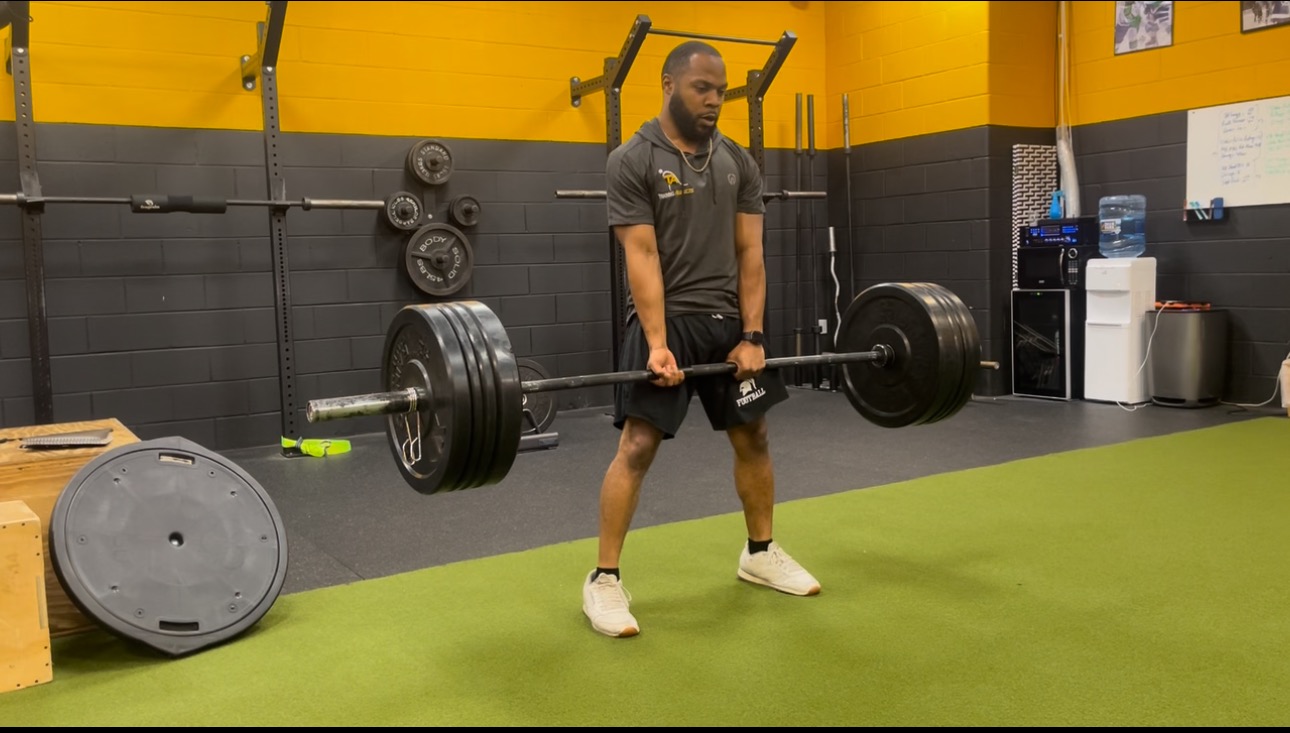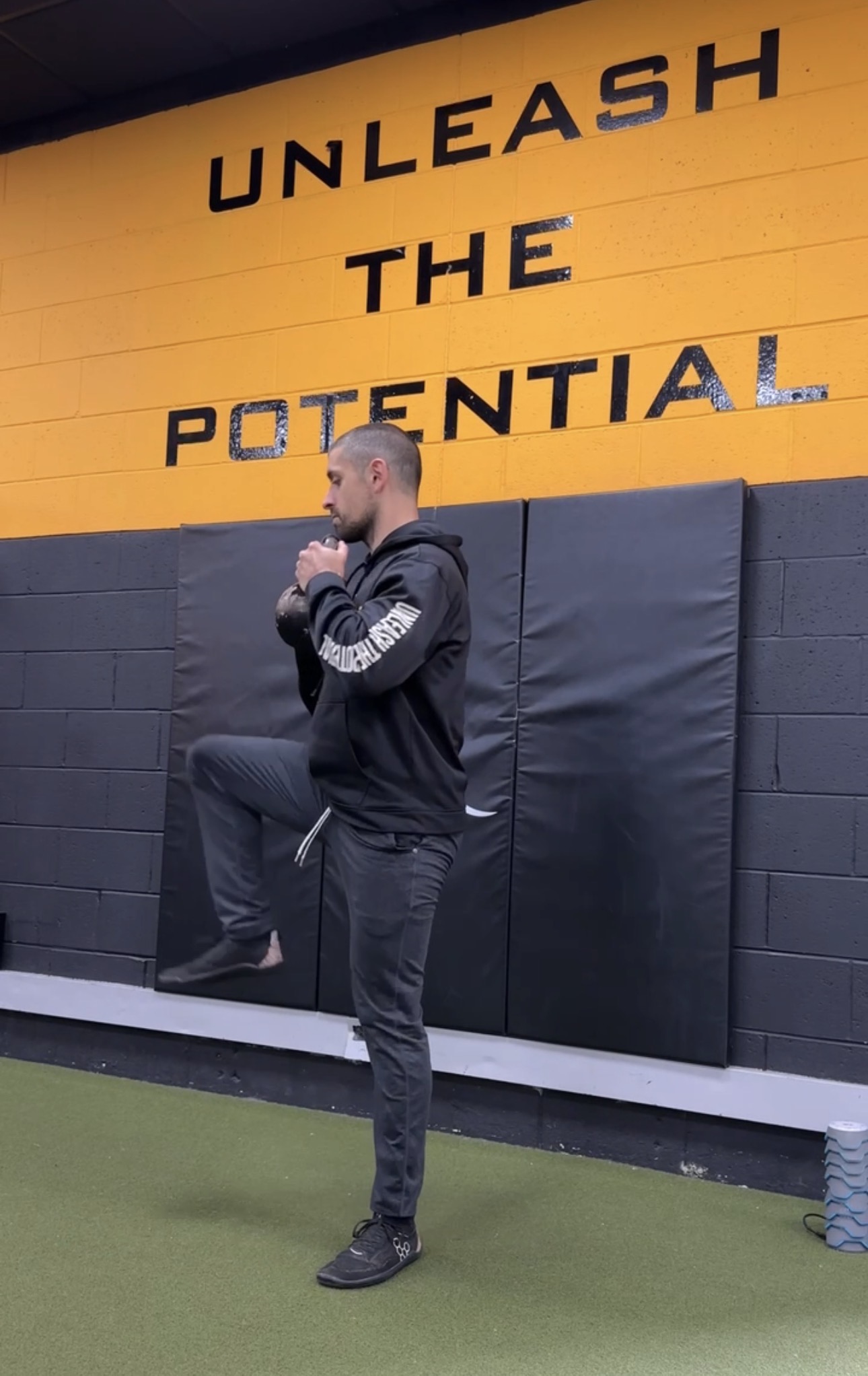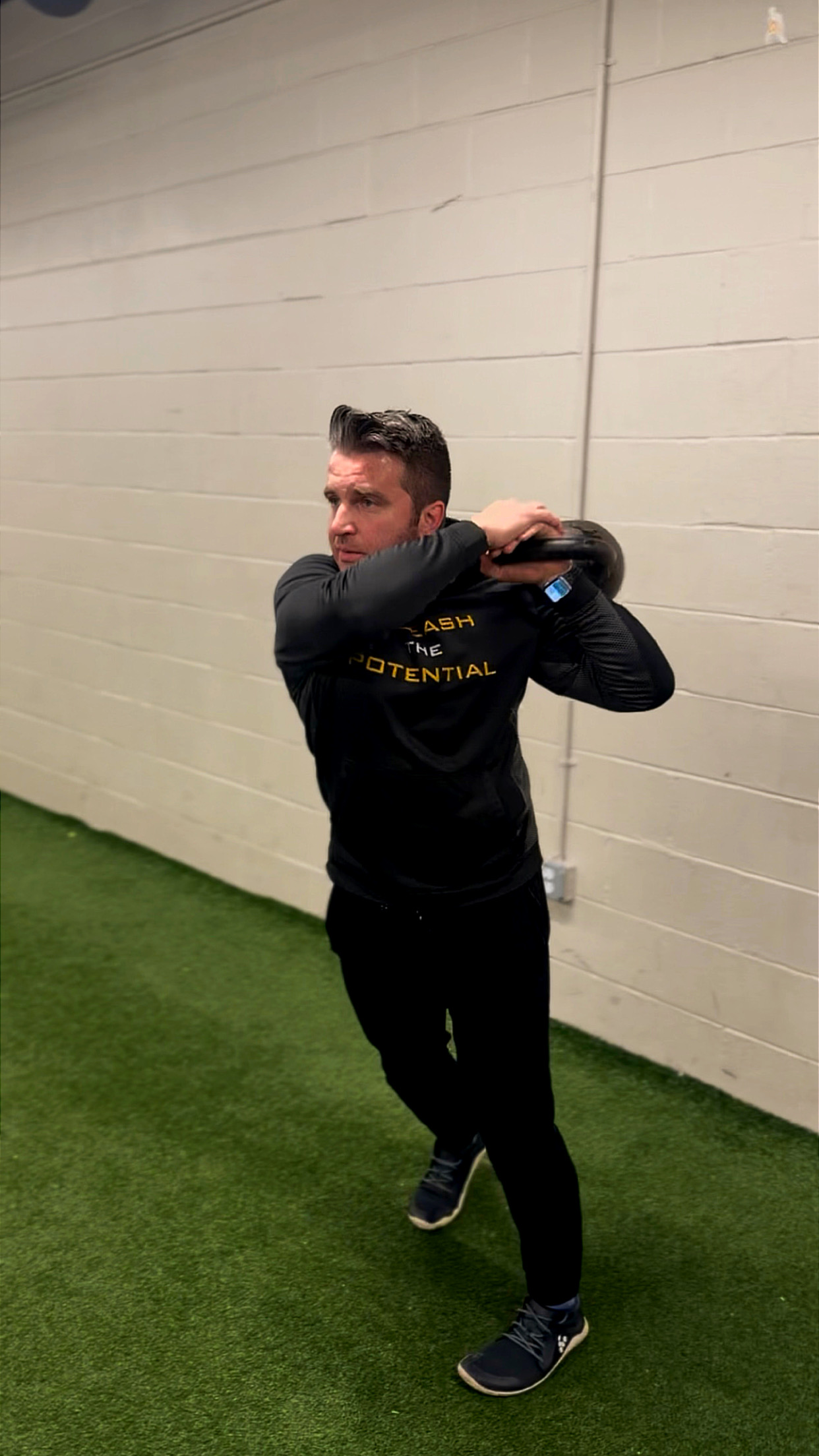Many young athletes struggle to find the right balance of when and how to train intensely during the season. While heavy training is best reserved for the off-season, maintaining your performance throughout the season requires a different approach. The goal during the in-season period is to preserve the strength, speed, flexibility, and stability gained in the off-season.
To maintain your progress, your body must endure the physical demands of your sport, whether it’s a 3-month or 8-month season. Ideally, you want to peak during the playoffs or championship games. This means your muscles need to remain strong and stable while avoiding the weakening effects of physical stress. For muscular endurance, you can increase time under tension to target smaller muscles and reduce fatigue. Incorporating rotational movements into your exercises can help maintain the balance between strength and flexibility, while ensuring your joints can handle the increased load during competition.
Flexibility is also crucial for in-season performance. You need to be mobile enough to move through a full range of motion but also strong enough to handle unexpected movements. For example, if you play basketball and go up for a rebound, your arms might bend in awkward positions over an opponent’s shoulders. If you’ve trained for these improper shoulder movements and strengthened the supporting muscles, you can prevent injury. Without proper strength training or if you’re overly flexible, the risk of injury increases because your body isn’t conditioned to handle those movements. In addition to weights and want to give your joints a different stimulus, you can alter the workout by incorporating resistance bands with the same exercises.
For athletes in high-intensity sports like sprinting, it’s important to taper workouts throughout the season. Not every workout needs to be high-intensity; instead, you can focus on specific areas that will enhance your overall performance. This strategic approach ensures that you’re peaking at the right time in your season.
Another critical component that athletes often overlook during the season is nutrition. During the off-season, it’s easier to manipulate weight and muscle mass because you have more time. However, in-season training leaves less room for drastic changes. It’s important to maintain a consistent diet and avoid making significant changes that could hinder your game performance. Depending on your sport, you may enter the season slightly heavier than your target weight, as you’re likely to lose a few pounds due to the intensity of games and practices. However, losing too much weight can negatively impact your performance.
Bringing It All Together
In-season training is all about maintenance. Focus on preserving the strength, flexibility, and mobility you’ve developed in the off-season. Tailor your workouts to support your in-game performance and avoid burnout by balancing intensity. Nutrition is just as important as your training routine, so keep your diet consistent to fuel your body through the demands of the season. By maintaining these aspects, you’ll be ready to perform at your best when it matters most.
Written by:
Darrid Watson, CSCS, NSCA-CPT
Take action… Now!
Visit us: Inside of the Flyers Training Center 601 Laurel Oak Rd. Voorhees, NJ 08043



